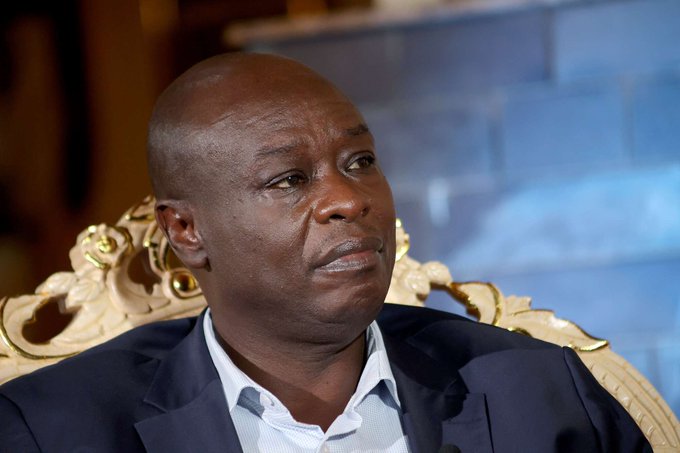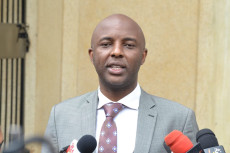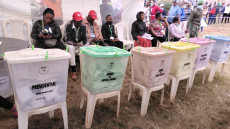- Former Deputy President Rigathi Gachagua's criticism of President William Ruto underscores a significant rift within Kenya's political elite. Gachagua reproved president Ruto for his derogatory remarks towards critics, emphasizing that Kenyans deserves respect as they are the "employers" of these leaders.
Former Deputy President Rigathi Gachagua's criticism of President William Ruto underscores a significant rift within Kenya's political elite. Gachagua reproved president Ruto for his derogatory remarks towards critics, emphasizing that Kenyans deserves respect as they are the "employers" of these leaders.
This tension follows Ruto's controversial comments that labelled opponents as "stupid," creating an impression of an affront to democratic discourse.Gachagua's call for humility resonates with a broader concern about political decorum in Kenya. His remarks reflect a need for leaders to engage constructively with dissent rather than resorting to insults.
This is particularly crucial in times when Kenya is facing economic hardships and failed healthcare systems. The public is increasingly frustrated with rising taxes and corruption, which have catalysed protests and unrest.
The relationship between Ruto and Gachagua reaqched a climax in October 2024 during Gachagua's impeachment . Allegations of insubordination, corruption, and ethnic divisiveness contributed to this unprecedented move, marking Gachagua as the first Deputy President in Kenya's history to be impeached. His claims of state-sponsored violence against him and withdrawal of security detailraised eyebrows about the political climate in Kenya.
As political dynamics evolve, Gachagua's assertions that leaders must heed the voices of their constituents is becoming increasingly relevant. The current environment calls for a shift from divisive rhetoric to inclusive dialogue. Leaders must remember that their authority stems from the people they serve; dismissing dissent only alienates those they are meant to represent.
Read More
Kenya’s economic situation adds another layer to this political turmoil. Despite a projected GDP growth in 2024, economic pressures such as high inflation and rising debt continue to plague the nation. Tight fiscal policies and external shocks like the war in Ukraine, have intensifyed food insecurity and inflation. Widespread protests have further complicaed Ruto’s efforts to stabilize the economy while maintaining political support.
In conclusion, the ongoing conflict between Gachagua and Ruto serves as a constant reminder of the importance of respect and accountability in governance. For Kenya to foster a healthy democratic environment, leaders must prioritize constructive engagement over personal attacks, ensuring that all voices are heard and valued in political discourse.


-1756739624-md.jpeg)





-1756739624-sm.jpeg)



